RPI team develops method to use paper-making by-product in lithium-sulfur batteries
Green Car Congress
APRIL 3, 2018
Lignosulfonate, a sulfonated carbon waste material, is a major by-product in the papermaking industry. Researchers at Rensselaer Polytechnic Institute (RPI) have now developed a method to use this cheap and abundant waste byproduct to build a components for lithium-sulfur batteries. per cycle over 200 cycles. Click to enlarge.



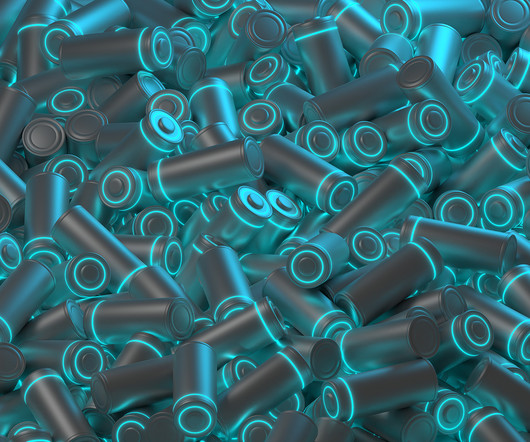

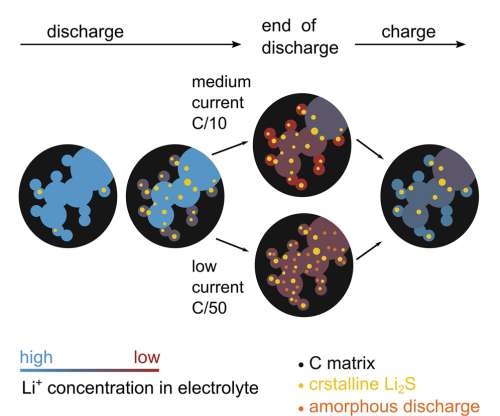
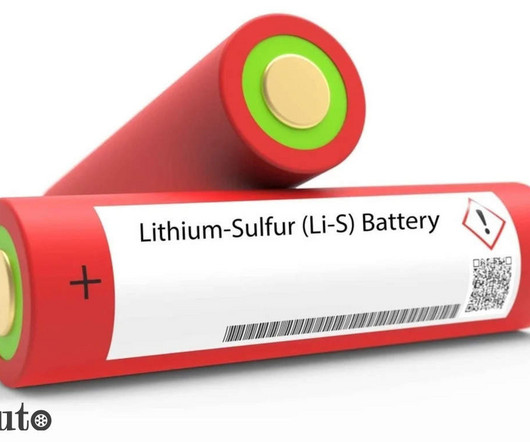

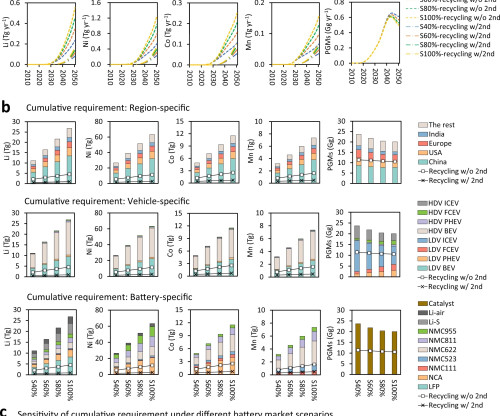




















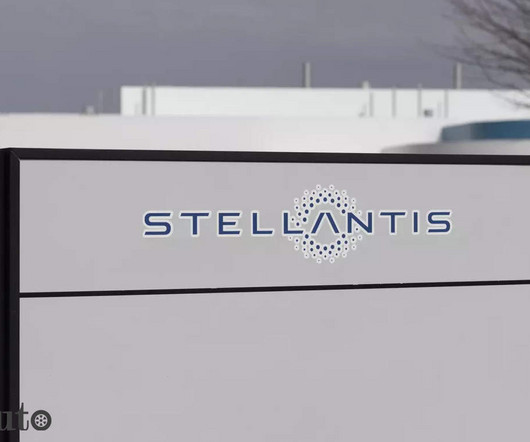








Let's personalize your content